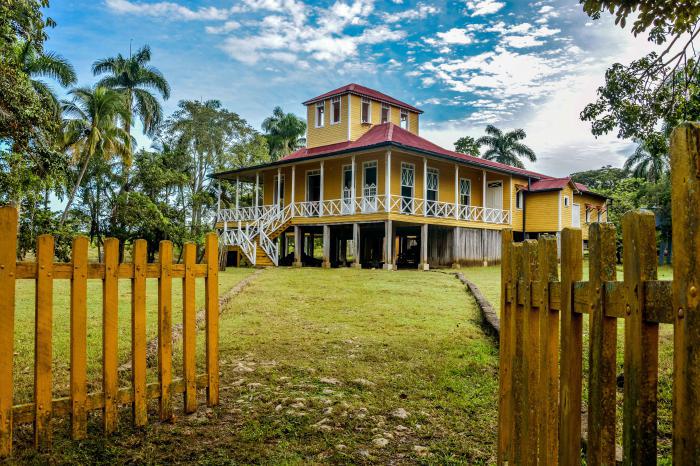
– In Birán, birthplace of heroes, the national consultation on constitutional reform began.
– Precisely on August 13, as men and women across Cuba and the world honored Comandante en Jefe Fidel Castro on his 92nd birthday, taking place in his native land were the first of 135,000 meetings scheduled through November 15, during which the people will act as the nation’s legitimate constituent body.
– Thus begins, in the words of Army General Raúl Castro Ruz, first secretary of the Communist Party of Cuba, “a transcendental democratic, political exercise, the success of which depends, first and foremost, on the active, committed participation of Cubans.”
– Serving as a maxim in the popular consultation is the democratic ideal and political participation defended by the Cuban Revolution and its historic leader, Fidel, who said, “…we are talking about another democracy: the democracy of the people… And this is true democracy, the revolutionary democracy of the people, the democracy of the humble and for the humble.”
– The humanist principles and social justice that sustain our political system; the irrevocability of the socialist system that our people has sovereignly adopted; national unity and the role of the Communist Party of Cuba as the organized vanguard and leading force in society and the state, are essential elements within the proposal emphasized by the President of Cuba’s Councils of State and Ministers, Miguel Díaz-Canel Bermúdez.
– With more than a million copies of the constitutional proposal sold, and the
availability of a digital version that can be downloaded free of charge via Nauta accounts, media websites, and other official pages around the country, access to the text under consideration is key to the success of the consultation process.
– Meetings will take place in workplaces, communities, and educational institutions over the coming months, conducted by 7,600 trained two-person teams. All proposals made by the population will be recorded and taken into consideration, in a democratic process of concrete participation.
– At the municipal, provincial, and national level, groups are in place to process proposals made in meetings, in which all citizens have the right to make whatever comments they like.
– A proposal is a comment made with the intention of changing the content of the document, and can be proposed as a modification, an addition, elimination, or a request for clarification.
– Nothing will be put to a vote during meetings. All remarks will be recorded in the minutes. Within 48 hours, the person taking these minutes must submit them to the municipal team, which is charged with extracting the information in a proposal format and sending it to the provincial level, where it will be compiled and forwarded to the national team.
– The processing work is done on a daily basis, throughout the three months of popular consultation, via a computerized system, with all adequate security measures in place.
– The same principles will guide processing of proposals from members of the Revolutionary Armed Forces and the Ministry of the Interior, as well as those of Cuban citizens residing abroad. Everything is included and will be taken into consideration.
– With all of this material, a report on the population’s proposals will be prepared and submitted to the commission charged with drafting the constitutional reform, where it will be modified as needed, and presented to the National Assembly of People’s Power.
– After a final review by this body, the people, exercising sovereign state power, will be called upon to approve the text in a referendum vote. The new Constitution will then be proclaimed in force. (Taken from en.granma.cu)